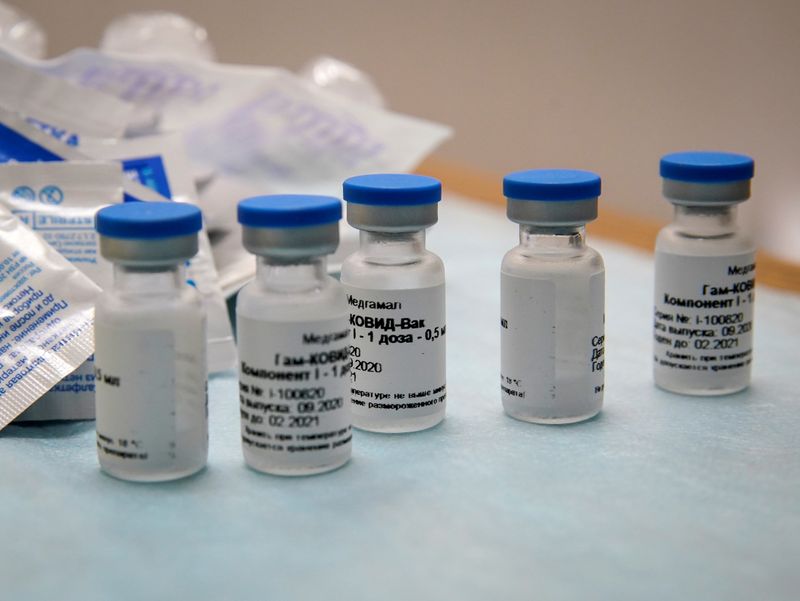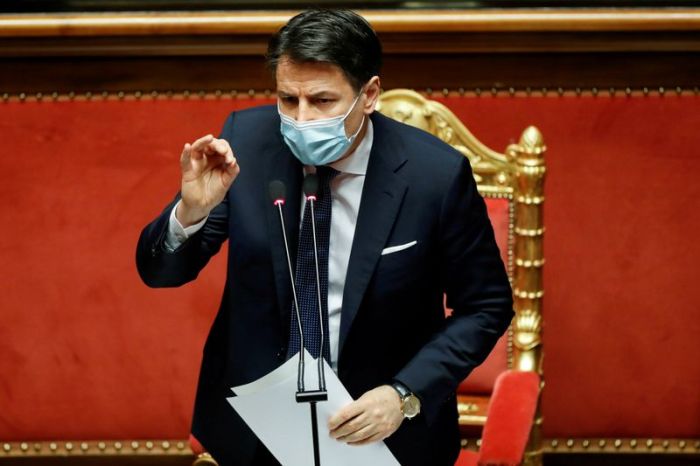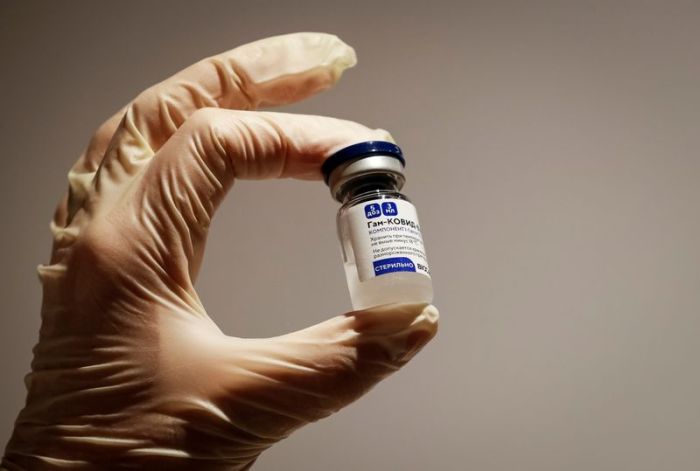BRUSSELS (Reuters) – The European Medicines Agency (EMA) is in the process of offering advice to the developers of the Russian Sputnik V COVID-19 vaccine, but is not currently reviewing it for approval, the agency’s chief said on Tuesday.
EMA provides scientific advice to drug developers designed to ensure trials are performed efficiently and to the highest standards.
The agency has authorised two vaccines, one developed by Pfizer and BioNTech and another from Moderna, and is expected to clear an AstraZeneca vaccine developed with Oxford University on Friday.
It is also conducting a rolling review of a possible vaccine from Janssen, but with no timetable for its evaluation, EMA Executive Director Emer Cooke said.
“We’ve been in contact with at least 15 developers so far and this includes the Russia-developed Sputnik vaccine, which is in the context of scientific advice procedure,” Cooke told a committee of the European Parliament.
She said it should be made clear that EMA had not received an application for rolling review or market authorisation for the Sputnik vaccine.
“They have raised a number of questions with us … and this will obviously shape how the evaluation could go forward in the future,” she said.
Russia’s sovereign wealth fund, RDIF, said last week that it had filed for registration of the Sputnik vaccine in the European Union and expected it to be reviewed in February.
Cooke said EMA had also been in touch with about 180 developers of COVID-19 therapeutics, with some likely to seek EMA approval later this year.
“We have hundreds of thousands of Europeans who have become infected with the virus and many have been made severely ill so we need therapeutic options that can treat these patients and avoid longer term health consequences as much as possible,” she said.
(Reporting by Philip Blenkinsop; Editing by Alex Richardson and Alexandra Hudson)




















